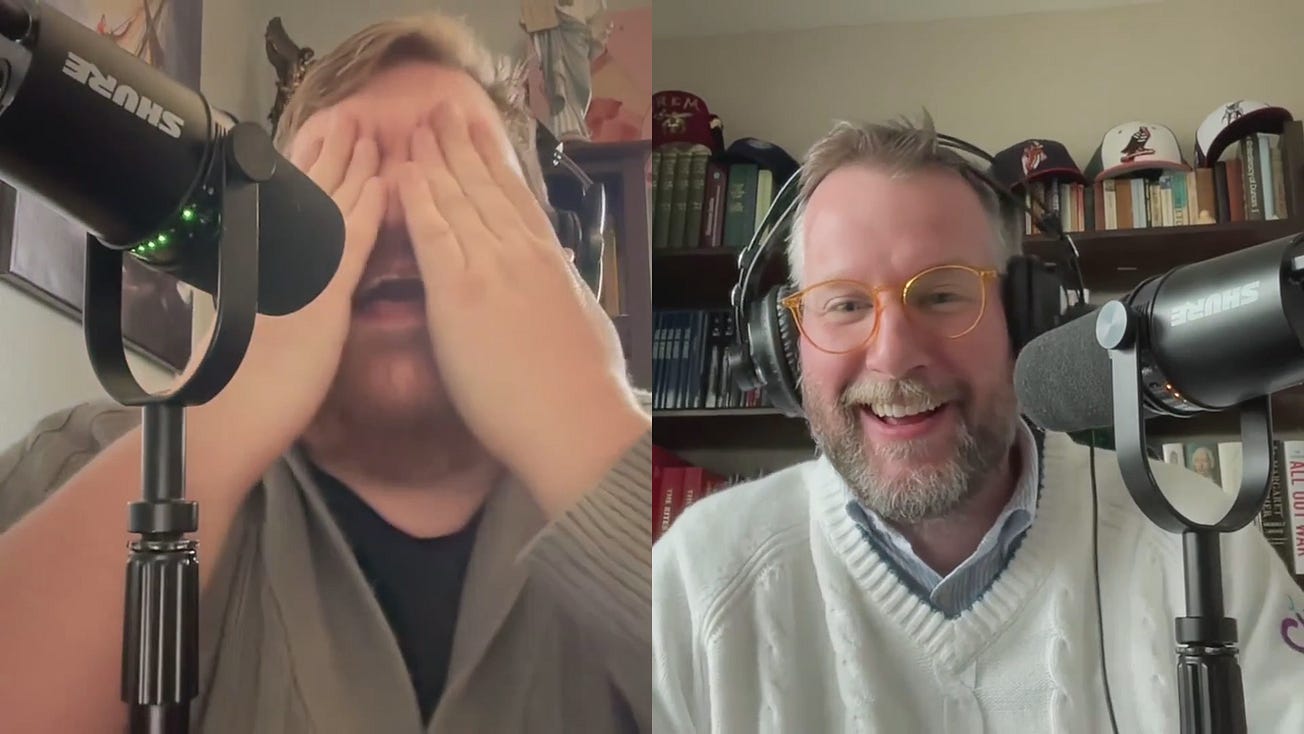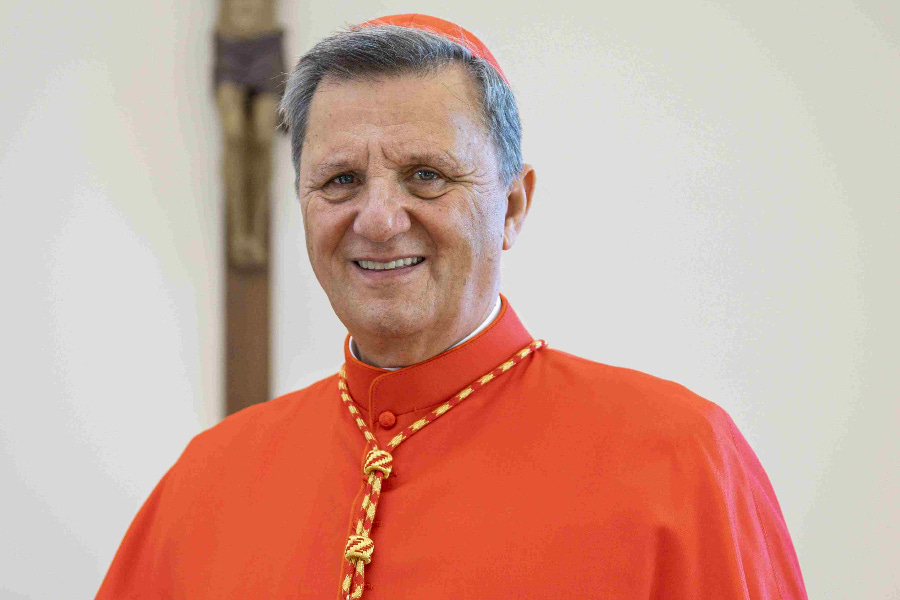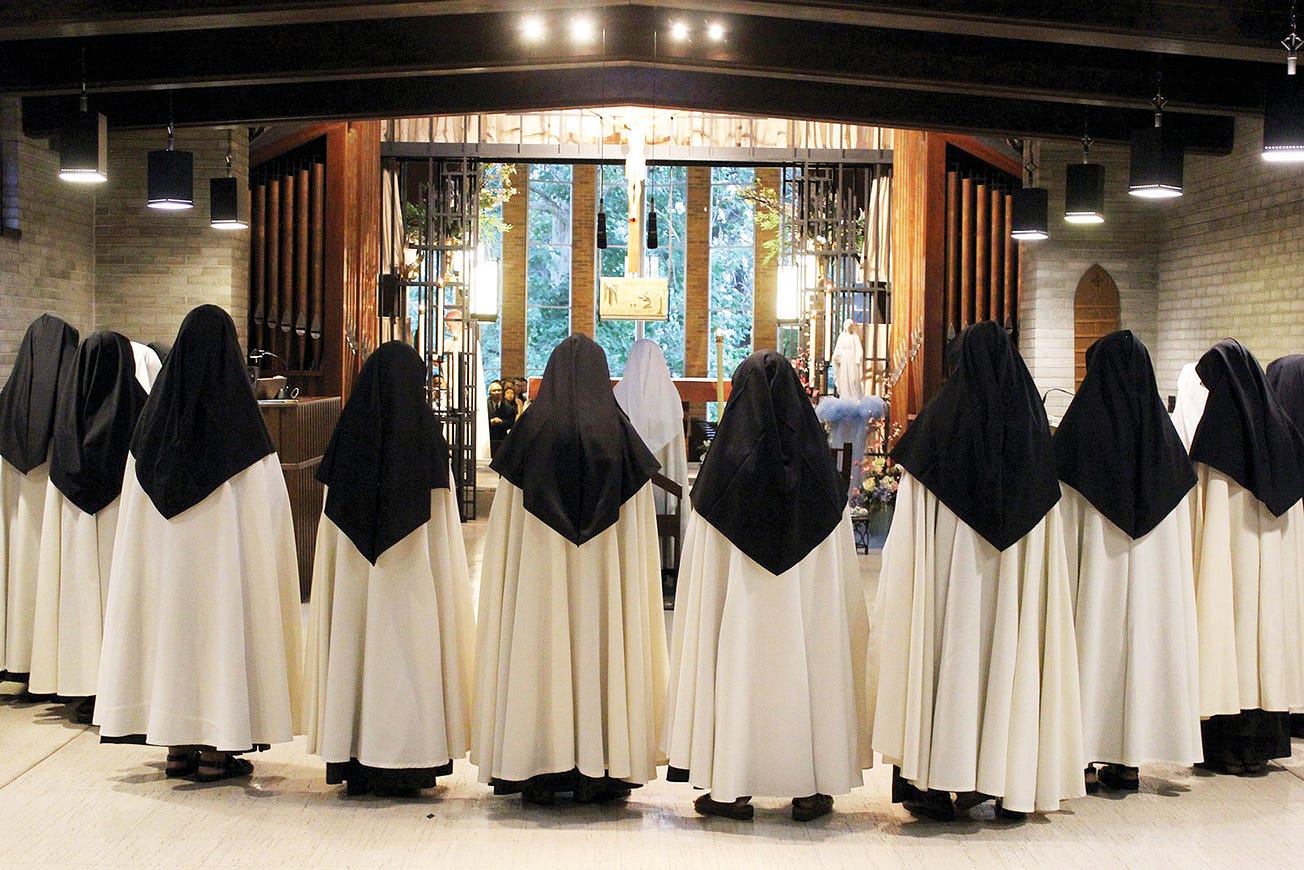Abortion is in the news this week, after the U.S. Supreme Court declined to block a Texas “heartbeat law” from taking effect on Wednesday. The new law bans abortions after the detection of a fetal heartbeat, which can usually be heard at around six weeks of pregnancy.
While the Texas law has been allowed to take effect, the case is by no means settled.
The issue will still be litigated, and the Biden administration has pledged a “whole-of-government effort...to see what steps the Federal Government can take to ensure that women in Texas have access to safe and legal abortions as protected by Roe.”
The situation is sure to sharpen debate about the Church’s teaching on abortion and the obligations of Catholics in public life.
But while many Catholics know what the Church teaches about the morality of abortion, less often talked about is what the Church has to say about legality of abortion.
So does the Church teach something about legal protections for abortion? The Pillar takes a look:
The Catechism
The first port-of-call for most Catholics asking what the Church teaches is, of course, the Catechism of the Catholic Church.
The Catechism affirms the “moral evil of every procured abortion” and says that the “unchanged and unchangeable” teaching of the Church is that willing an abortion, as either a means or an end, is “gravely contrary to the moral law.”
Of course, almost everyone knows that the Church teaches abortion is a very grave sin.
But not all sins are crimes in the Church’s own law. And the Church does not teach that just because something is sinful, the state should outlaw it.
Right. Abortion is a sin. But does the Church actually say abortion should be illegal?
Yes.
In its 1974 “Declaration on Procured Abortion” the Congregation for the Doctrine of the Faith was direct.
“A law which would admit in principle the liceity of abortion,” the CDF said, “is in itself immoral.”
The Catechism puts it this way:
“The inalienable rights of the person must be recognized and respected by civil society and the political authority…Among such fundamental rights one should mention in this regard every human being's right to life and physical integrity from the moment of conception until death.”
While not offering much detail, Gaudium et Spes, Vatican Council II’s pastoral constitution on the Church in the modern world, calls abortion rather directly a crime:
“God, the Lord of life, has entrusted to men the noble mission of safeguarding life, and men must carry it out in a manner worthy of themselves. Life must be protected with the utmost care from the moment of conception: abortion and infanticide are abominable crimes.”
That pronouncement seems to guide subsequent Church documents on the subject, including the provisions of canon law.
A lot of people argue that prohibiting abortion imposes a religious judgment on a political question. What does the Church say about that?
John Paul II addressed that question in Evangelium vitae. Here’s what he said:
“The legal toleration of abortion or of euthanasia can in no way claim to be based on respect for the conscience of others, precisely because society has the right and the duty to protect itself against the abuses which can occur in the name of conscience and under the pretext of freedom.”
And a 1987 CDF document puts it this way:
“Recourse to the conscience of each individual...cannot be sufficient for ensuring respect for personal rights and public order.”
Some people have also argued that a state can’t ban abortion, or even severely limit it, unless there is a sufficient social safety net in place to provide for mothers, and for the children who would be born as a result of prohibiting abortion.
The Church certainly recognizes the concept of social justice — in fact, she kind of invented the concept. Magisterial documents enumerate accessible health care, decent housing, just wages, and other aspects of social justice as human rights, rooted in human dignity, and necessary for ensuring a just and humane society.
At the same time, the Church has taught in recent decades that legal protection against abortion is a matter of first principles, not dependent upon achieving other goods, but a necessary precondition for them.
The CDF, for example, taught that in 1987 “when the State does not place its power at the service of the rights of each citizen, and in particular of the more vulnerable, the very foundations of a state based on law are undermined.”
In its 1974 document, the CDF taught that “the first right of the human person is his life. He has other goods and some are more precious, but this one is fundamental - the condition of all the others. Hence it must be protected above all others.”
OK, the Church says abortion should be illegal. But that doesn’t mean the government should prosecute people for it — right?
In fact, the CDF said in 1987 that ending legal protections for abortion isn’t enough. It said the state has the obligation to make abortion a crime, and one with legal consequences:
“As a consequence of the respect and protection which must be ensured for the unborn child from the moment of his conception, the law must provide appropriate penal sanctions for every deliberate violation of the child's rights.”
The CDF did not say who should face penal sanctions for the crime of abortion, but Catholic ethicists have most often called for laws which penalize doctors who perform abortions, not women who undergo them.
So what does canon law say?
The Church’s canon law imposes a penalty of excommunication upon anyone who procures a completed abortion.
Along with doctors who perform abortions, and people who play a necessary role in making a particular abortion happen, canon law criminally penalizes mothers who undergo abortions — a fact that is sometimes sharply criticized.
But not all Catholic women who undergo abortions actually incur an excommunication. Many women undergo abortions in dire personal circumstances, under enormous pressure, and often when feeling like they have no other choice.
Those circumstances impact the possibility that they might actually incur an excommunication — if they’re not acting in freedom and in possession of their will, they can’t be said to have committed a canonical crime.
The Catechism explains that this way:
“The Church attaches the canonical penalty of excommunication to this crime against human life… [But] the Church does not thereby intend to restrict the scope of mercy. Rather she makes clear the gravity of the crime committed, the irreparable harm done to the innocent who is put to death, as well as to the parents and the whole of society.”
Pope Francis has extended to all priests the faculty to remit the penalty of excommunication for abortion — meaning that any Catholic who has been involved in procuring an abortion can bring the matter up in sacramental confession, and receive the fullness of God’s mercy in response.
As an aside, canonists often have to explain that this law and penalty apply narrowly — it does not, for example, excommunicate politicians who campaign or vote for legal protections for abortion.
Why not?
Because the penalty of excommunication is incurred by those involved directly in procuring a particular abortion. A politician voting for liberalized abortion policy is too far removed, from the perspective of moral cooperation, to be said to have procured a particular abortion. However, such politicians could be prohibited from the reception of Holy Communion, if their bishop or the minister of Holy Communion judges they meet the criteria of canon 915, Cardinal Joseph Ratzinger told the U.S. bishops in 2004.
Does the Vatican City State have a law on abortion?
This is an interesting question, and it was fun to research. So thanks for asking.
The law of Vatican City, unsurprisingly, recognizes the supremacy of canon law in its own penal code, which it calls “the first normative source and the first interpretative reference.” As such, the Code of Canon Law’s own criminalization of abortion is effectively the civil law of the city state.
Historically, when the sovereign jurisdiction of Vatican City was created in the 1920s, it imported into its own law the penal code of Italy, which at that time also criminalized abortion.
There are some treaty and concordat mechanisms which allow changes to Italian law to be automatically reflected in the laws of Vatican City, but there are brakes on the process to ensure that as Italy has become more secular, the Vatican’s laws remain consistent with Church teaching.
Italy decriminalized abortion in the 1970s. But the change to its law did not carry over into the Vatican, because Vatican City law says that relevant Italian laws are adopted “provided that the same [law] are not contrary to the precepts of divine law, nor to the general principles of canon law.”





